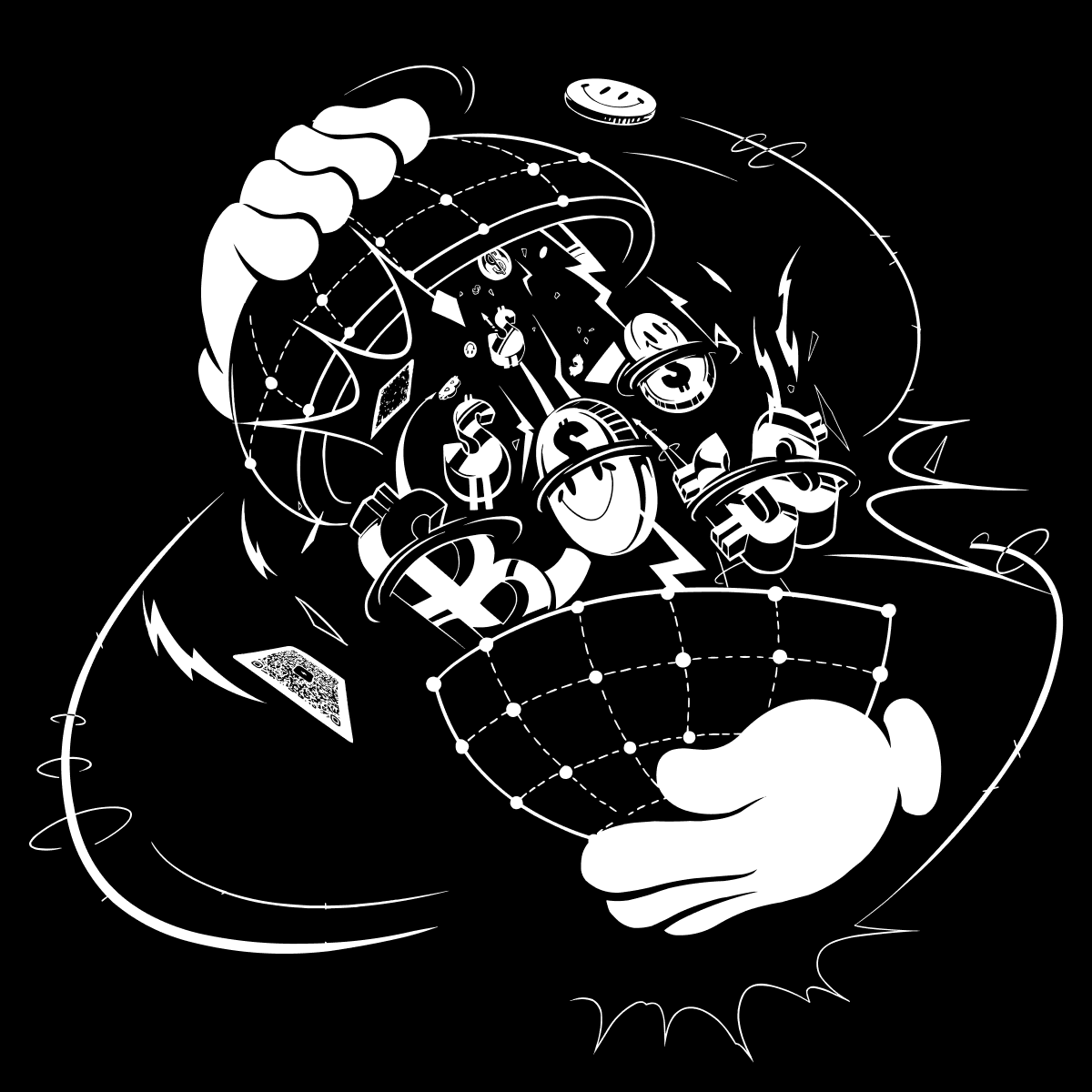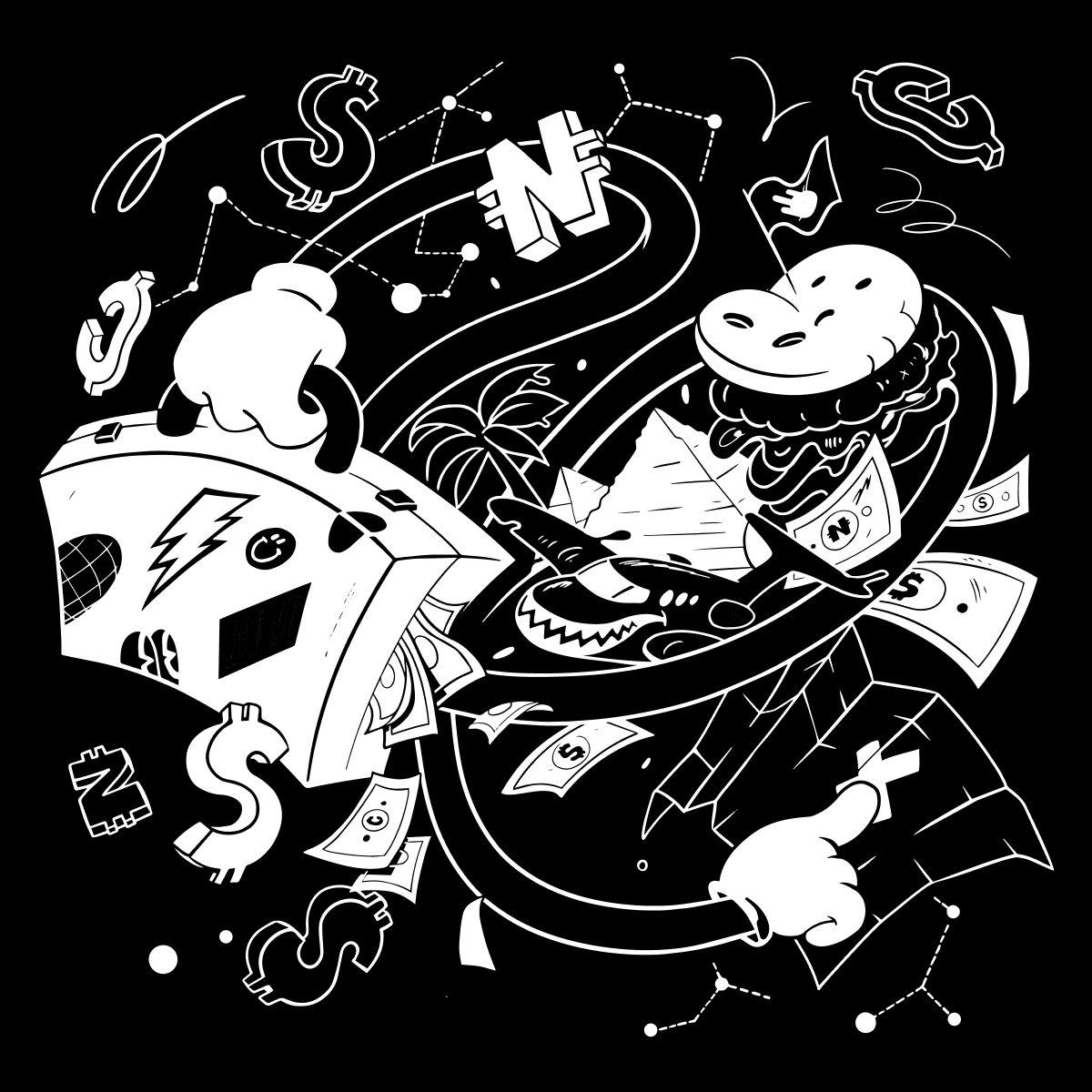Is bitcoin money?
Understand the nuance to get the full picture
Peer to peer electronic cash
“Is bitcoin money?” – super simple question, a bit tricky to answer.
The answer can depend on who you are, where you live, or even on your definition of “money.”

The basic fact is that Bitcoin was originally intended and currently functions as a peer-to-peer electronic cash. You can spend it, save it, and earn it, in the similar way that you do with other money.
People worldwide use bitcoin on a daily basis to transact, either out of personal preference or out of necessity (often when their national currency is failing). There are Bitcoin communities where you can live exclusively with bitcoin, and the number of those communities keeps growing, thanks to increasing bitcoin recognition and better bitcoin services coming online.
For these people, bitcoin is their money.
But maybe for some people that doesn’t quite get to the heart of the question. Even if bitcoin is money for some, is it money for all?
Money is … a G.A.M.E.
First of all, what is money?
History has had a lot of different kinds of money: shells, beads, cattle, metal coins, paper notes, and now digits on screens. Whatever money is, it needs to serve three basic functions:
- Store of value: it needs to hold value over time (or at least some of its value)
- Medium of exchange: it needs to be relatively good for trading
- Unit of account: it needs to be usable for measuring/comparing prices
For example, when you have $10 dollars, you are storing value in the form of dollars, which you can use to exchange for other things, which are priced at $10 or less.
With those functions in mind, a definition of money can be anything that has become a “Generally Accepted Medium of Exchange” (G.A.M.E.). Money can be anything from paper, to coins, to cigarettes, to food, so long as it’s generally accepted.
That definition has some flaws. What if something is generally accepted in one city, but not another? What exactly does “generally” mean? 51% accepted? Accepted by who? … It’s not a perfect definition, but it’s good enough for now.
Of course, for something to be generally accepted, it has to first gain the trust and recognition of people. Gaining trust (or losing it) can take decades, or years, or it can happen all at once. Hyperinflating currencies can be generally accepted one week and then not accepted the next, replaced by a different G.A.M.E. (despite what the local government says).
So money is about “general acceptance.” Check.

Geography matters
In Lyn Alden’s book “Broken Money” (must-read btw), she points out how money is very country-specific.
For example, in India the rupee is money, but in Japan the yen is money. Trying to spend yen in India or rupees in Japan is hard, because they’re not generally accepted. That’s the case for pretty much all of the world’s roughly 180 different “monies” today. Most money is universally accepted within its national borders, but is rarely (if ever) accepted far beyond those borders.
The further you travel, the less your money is money.
The exception to this rule is, of course, the US dollar (and maybe to a lesser extent the Euro), which are more widely accepted beyond their borders. For the other 99% of monies in the world, they’re pretty useless beyond their borders. Yet we can still agree that the South African rand or Malaysian ringgit are money… just not in most places.
Visit any major city around the world and you’ll probably find that the local currency is the “number one” accepted money, followed by the US dollar, Euro, or a neighboring country’s money as numbers two, three, and four. Aside from those, it’s a steep drop-off for the acceptance of any other nation’s currency as money.
But then there’s bitcoin…
Despite only being around since 2009, you’ll find that people accept bitcoin in every major city worldwide. There are also people who will trade their local money for your bitcoin. Although bitcoin isn’t the “number one” money in any single country (yet), it’s probably in the top 5 or 6 in almost all countries. The same can’t be said for the Brazilian real, Swedish krona, or Indonesian rupiah (or any of the ~180 world monies).
Bitcoin’s in a unique spot. It’s not generally accepted in any country… but it’s more generally accepted worldwide than almost all other monies. A leader nowhere, top-tier everywhere.

Money here, money there
Back to the question, is bitcoin money?
Is it generally accepted as a medium of exchange?
A simple answer of “no” doesn’t really capture the fact that bitcoin has become more widely accepted than most other monies. Bitcoin’s trajectory has gone from non-existence prior to 2009 to being used by millions of people worldwide. It’s even become legal tender in some countries (shoutout to El Salvador as first mover).
Sure, your country might classify bitcoin as property, and tax transactions accordingly (like the USA)... but people are still using it as a medium of exchange. In free economies, people can use whatever money they want, regardless of what the official classification may be.
Regardless of how you answer “is bitcoin money?”, the reality is that bitcoin works as peer-to-peer electronic cash. It can be sent, received, spent, earned, or saved. Bitcoin is more generally accepted than ever, and it keeps growing year after year.
Is bitcoin money? You decide.
© 2025 NMLS ID 1902919 (Zap Solutions, Inc.)